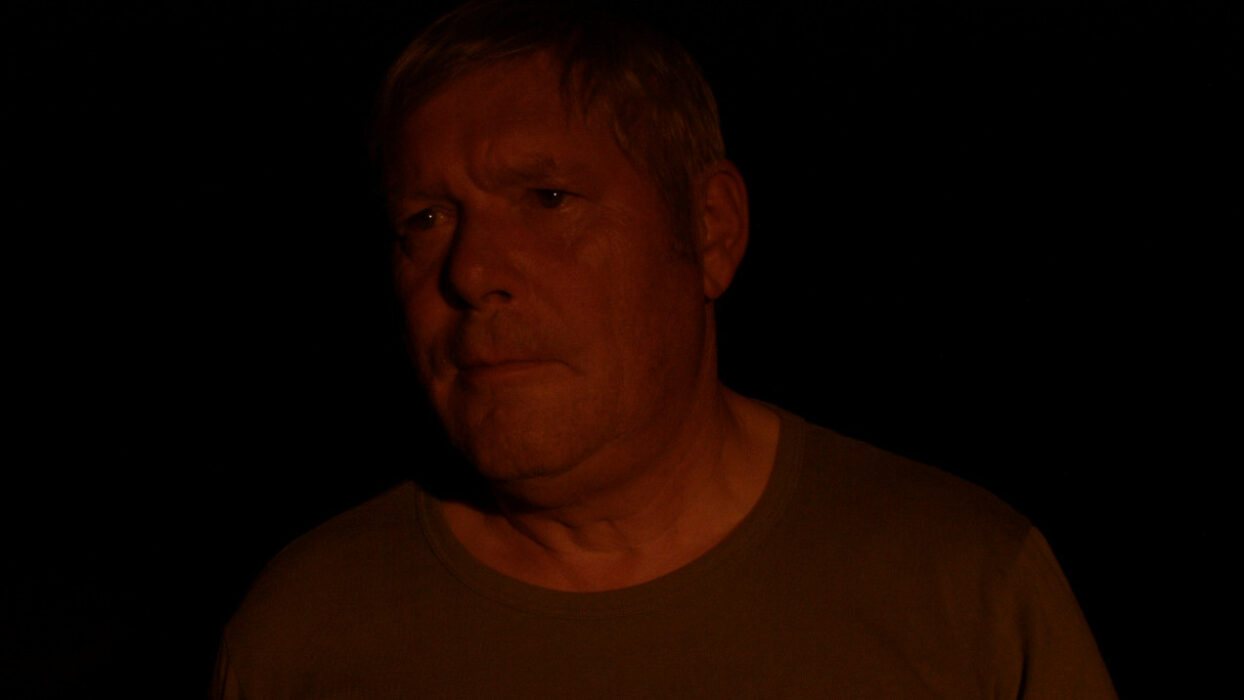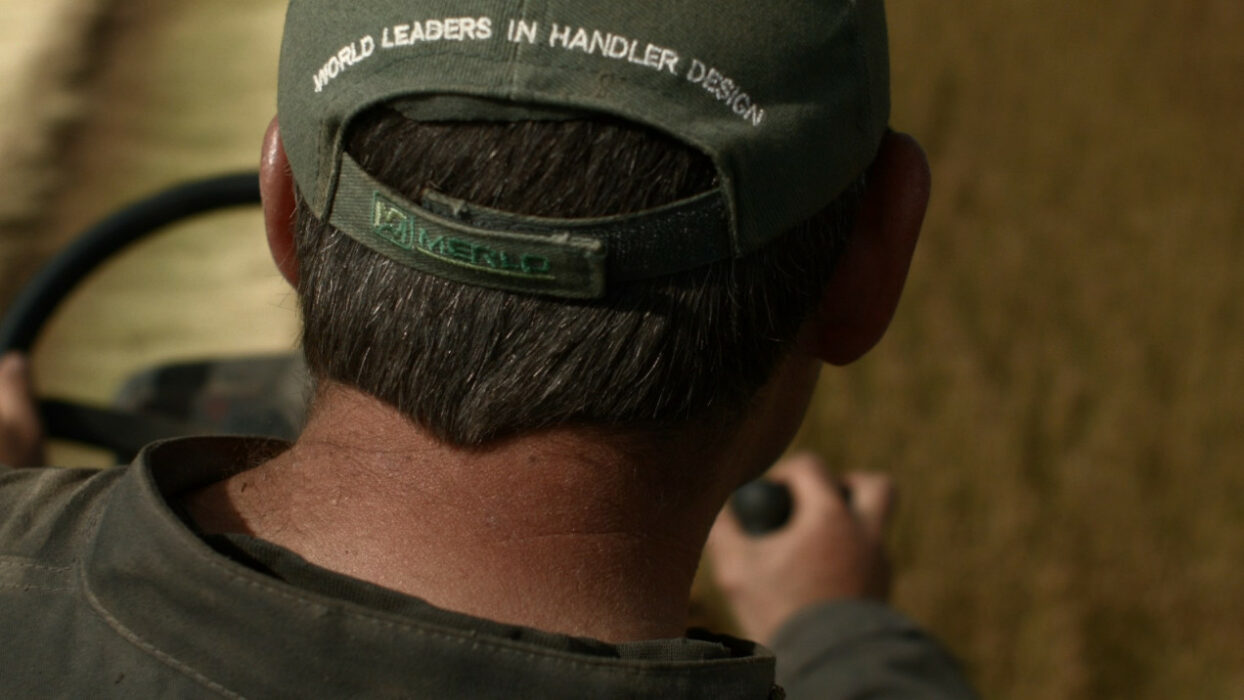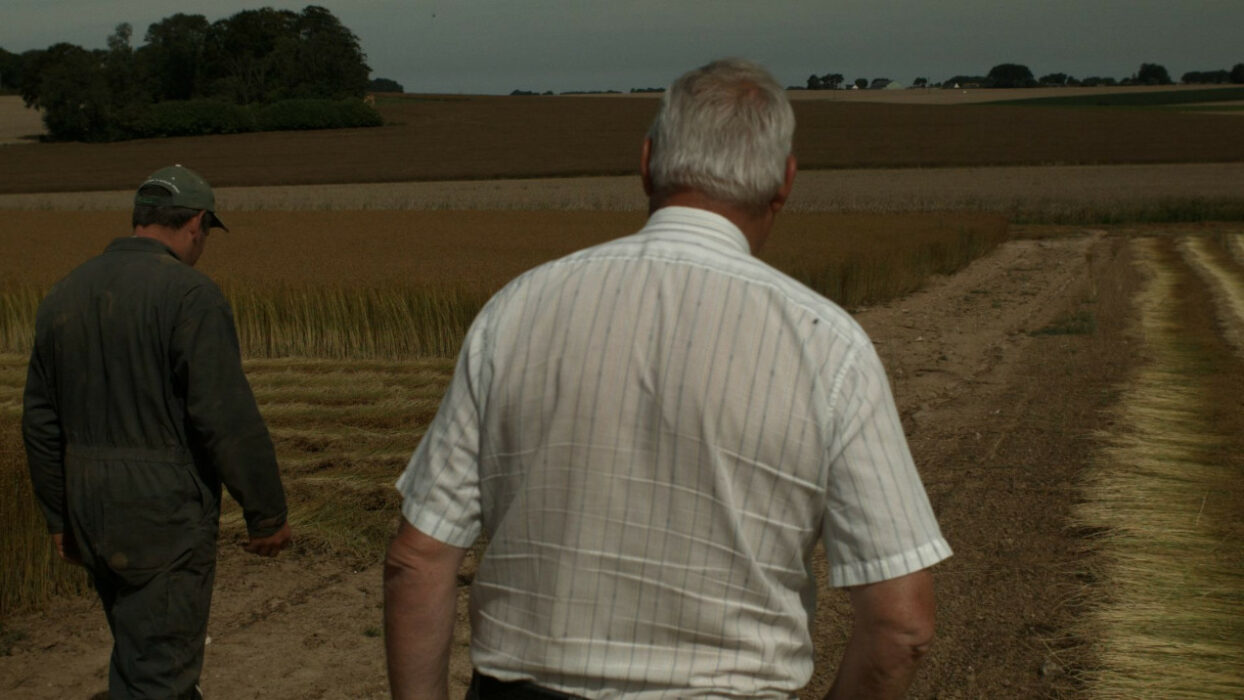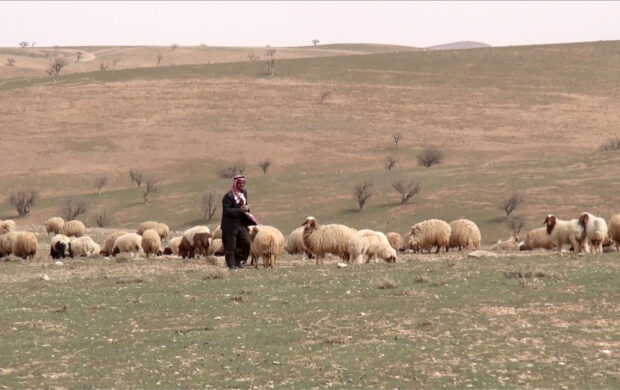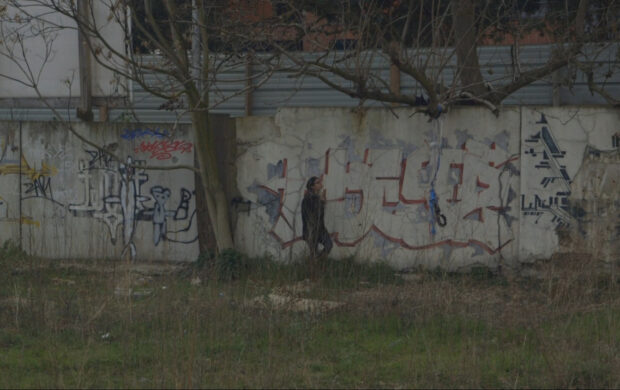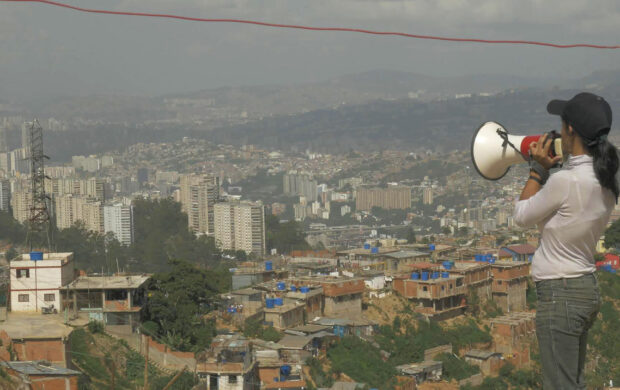L’Avenir le dira
I met Pierre twenty-five years ago, when I set up my market stand next to his: he was selling poultry and eggs, me – flowers and honey. I asked his son, Arnaud, if I could follow them and film the flax harvesting.
Revisiting Fecamp in the company of Pierre Creton, with a short film, with no real subject. Or rather yes, two: Pierre and his son Arnaud, the filmmaker’s neighbours. Pierre Creton films them at work during the flax harvest, in their home, in his home, on the land that we have come to know, walked over and grown to love thanks to his films. The framing is precise in order to capture their working gestures, which the filmmaker knows well. He gathers the movement of the harvesting in his images and lets it enter his own field: the transport of the seeds, the rotating tools, the pulled-up stalks. Following those working in the field and filming, ploughing the images alongside them. The soundscape is the whirring of wind turbines, the engines of farm machinery, the wind picking up in the fields. These prevent us from hearing snatches of dialogue, ruling out any possibility of a commentary. But the pop music that runs through the film sometimes gains the upper hand over the daily din, bringing us back to the film, to the drama that these images could carry, like a perfect original soundtrack. What we retain from this drama are the strong straining napes filmed up close, faces in the night intermittently lit by the flashing lights of a tractor, or the hands behind the back of a man walking along the edge of the field. The film is raw, direct, present – Pierre Creton, driven by the need to film, follows these men, who we imagine are his friends, and begins to film them, working with them.
Clémence Arrivé
Pierre Creton
Pierre Creton
Pierre Creton
